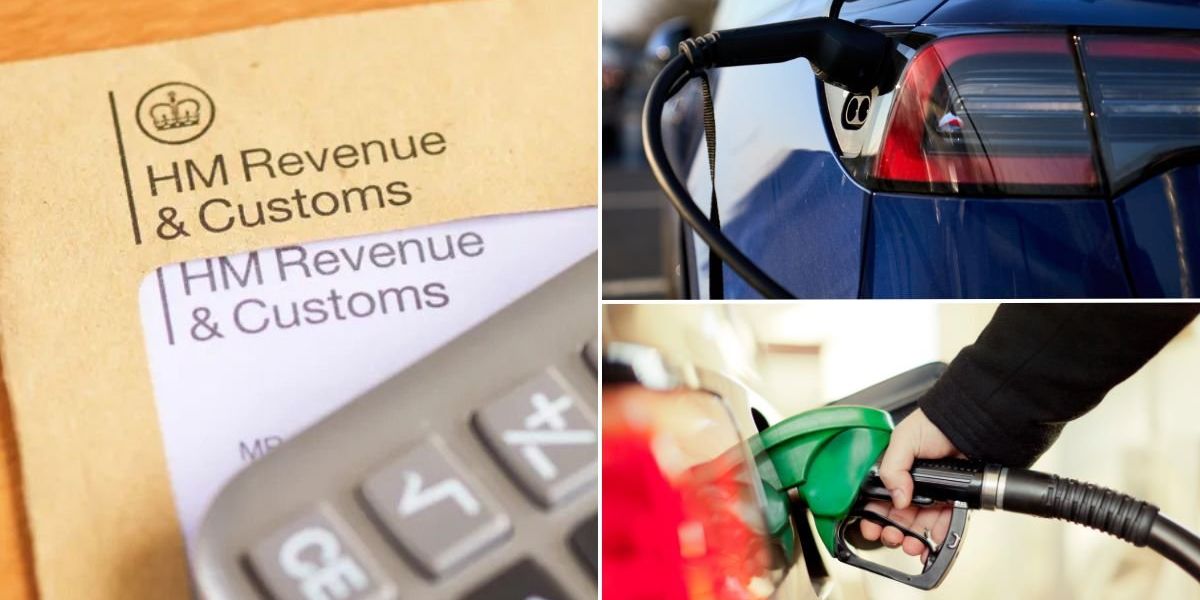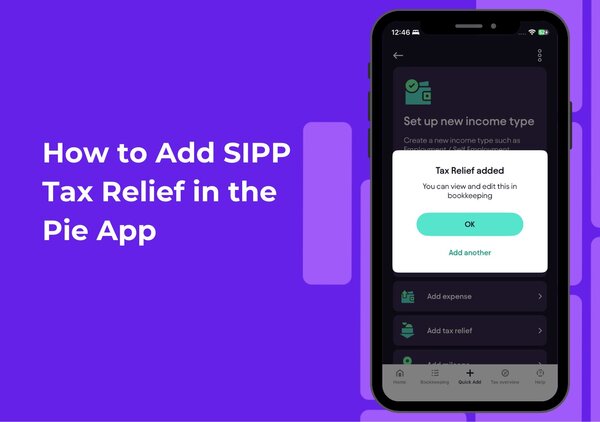Introduction
Industry experts are urging HM Revenue and Customs (HMRC) to provide clearer guidance for electric vehicle mileage reimbursement, as new measures introduced in September have raised concerns among fleet operators and businesses.
Recent dual-rate structures, designed to reflect the differing costs of home and public charging, have been implemented but are seen by many as inadequate to address the significant variability in electric vehicle (EV) charging expenses.
Increased scrutiny comes as employers seek to navigate these adjustments fairly for both the business and employees.
Overview of HMRC's Advisory Fuel Rates
HMRC sets quarterly advisory fuel rates (AFRs) to guide companies in reimbursing drivers for business-related mileage in company cars. Traditionally, these rates are differentiated by engine size for petrol and diesel vehicles, offering a tiered approach to cost recovery.
Since 2018, electric vehicles have operated under a single Advisory Electric Rate (AER). However, the rapid growth of EV adoption and associated infrastructure has led to greater scrutiny of whether a one-size-fits-all reimbursement adequately covers true charging costs, especially as electricity tariffs fluctuate widely.
Historical Background on Fuel Rate Policies
For petrol and diesel vehicles, the HMRC AFRs provide three bands based on engine capacity, reflecting fuel consumption differences. This approach was intended to ensure reimbursement remains broadly equitable, regardless of model or manufacturer.
Until recent changes, electric vehicles were only eligible for a flat pence-per-mile rate, regardless of where or when the electricity was purchased. This disparity became more pronounced as EV drivers began to rely on both home charging and increasingly expensive public charging networks for business travel.
Recent Changes Affecting Electric Vehicle Drivers
In September, HMRC introduced a dual-rate system for electric vehicles, creating an 8 pence per mile rate for domestic charging and a 14 pence per mile rate for public charging. Official guidance issued in early October instructed employers to ascertain the proportion of business mileage charged at each location and reimburse drivers accordingly.
The revision aimed to better reflect the actual costs drivers incur. The move follows criticism that the previous flat rate significantly understated costs for those dependent on public charging infrastructure, where prices can be several times higher than at home.
Industry Concerns Over Cost Disparities
Despite the reforms, industry representatives say the current approach remains too simplistic. Tim Rowlands, managing director of global EV solutions at Corpay, commented that 'electricity pricing is volatile and far more dependent on individual behaviour than petrol or diesel. Even with two tiers, a flat rate is still unsophisticated.'
Research by Corpay indicates sharp disparities: charging a typical executive-class EV at home using off-peak tariffs may cost approximately £500 for 20,000 miles, but the HMRC reimbursement at current rates would amount to £1,600 over the same distance, potentially leading to overpayments. Conversely, if a driver relies solely on public rapid charges, actual costs could reach £4,320, far above the £2,800 reimbursement allowed at the approved public rate, resulting in a significant shortfall.
Reimbursement Practicalities for Employers
Employers are now required to monitor the share of business journeys that use home versus public charging and reimburse at corresponding rates. This process introduces a new level of administrative complexity, particularly for businesses with large and diverse fleets.
Many fleet operators are developing their own reimbursement frameworks, seeking comprehensive data on actual charging costs to ensure fairness and compliance. According to Rowlands, 'a lot of fleets are trying to avoid turning this into an admin nightmare,' highlighting the challenge of implementing robust, transparent systems without incurring excessive bureaucracy.
Final Summary
Calls for clarity on HMRC’s electric car reimbursement policies reflect wider issues of fairness and practicality in the transition towards low-emission vehicles. While recent changes mark progress, businesses and drivers are still grappling with the challenges posed by fluctuating electricity costs and growing administrative burdens.
The situation remains under review as stakeholders seek solutions that balance accuracy, efficiency, and equity. Those seeking to streamline their compliance and record-keeping may benefit from digital finance platforms such as Pie, which help simplify business management in evolving regulatory environments.










